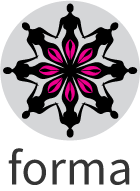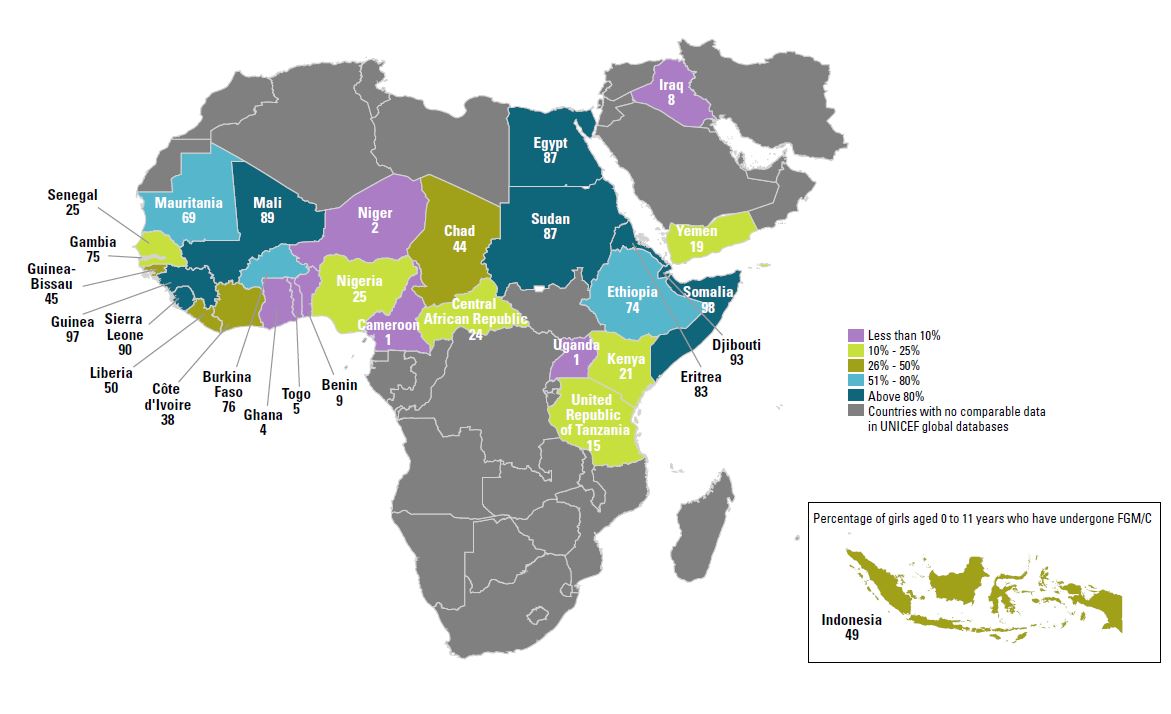About forma
Services
forma offers mental health clinical services to women adversely affected by FGM/C, and also provides psychoeducational outreach, advocacy and awareness training to hospitals, social service agencies, universities and the community at large. We also facilitate an on-going survivors’ support group that can help educate and challenge the traditional belief systems that perpetuate this practice.
FGM/C and Women
FGM/C is a highly personal and sensitive issue, and there may be reluctance among many of you to disclose information due to feelings of shame or fears of being judged as different. Although some report feelings of happiness and pride in having undergone FGC, most of our research suggests that this is an extremely traumatic event with harmful consequences. Some of you may suffer from multi-phase trauma, low self-esteem and negative self-image. Having heard a number of affected women share that they feel ‘ruined,’ our vision is to provide a resource for healing so that—although you may feel different—you need not feel ‘less than’.
The practice of female genital cutting has been followed by many different cultures and societies across the ages and continents. It is an ancient tradition, predating Christianity and Islam, involving the removal of parts or all of the external female genitalia. Although this custom is practiced in many African countries it has also been reported in Indonesia, Malaysia, parts of the Persian Gulf, and among ethnic minorities in Yemen, Oman, Iran, Iraq, Kurdistan, and Central and South America. It is also reported amongst Bedouin women in Israel and practiced by Ethiopian Jews, Coptic Christians and among Bohra Muslim populations in parts of India and Pakistan.
Source: orchidproject.org
Source: unicef.org
It is estimated that approximately 100-140 million African women have undergone FGC worldwide, while in Africa a further 3 million girls are at risk of the practice each year. As a result of migration, cases of this practice have been documented in the Middle East and are also found in Europe, Australia, Canada and the United States of America. The age at which the practice is carried out varies, from shortly after birth to the labor of the first child—depending on the community or individual family—but the most common age is between four and ten.
Founders
Joanna Vergoth, LCSW, NCPsyA
Executive Director
Joanna Vergoth, LCSW, NCPsyA, is a licensed psychotherapist in private practice specializing in trauma. For the last 20 years she has dedicated herself to the healing of trauma, including the treatment of firefighters and Cantor Fitzgerald employees impacted by 9-11, for which she received commendations from the mayor of New York City and the governor of New York state. She also developed and implemented “Care for the Caregivers,” a psychotherapeutic program for counselors and case managers suffering from secondary traumatic stress (STS). In addition to her public service, private practice, clinic and advocacy work, Ms. Vergoth has also studied and volunteered with organizations in London, Cairo, New York and Chicago which provide services to refugees, children of divorce, recovering prostitutes, and immigrant African women and girls. Over the past decade she has become a committed activist in the cause of FGM/C, first as Coordinator of the Midwest Network on Female Genital Cutting, and most recently with the creation of forma, which is dedicated to providing comprehensive, culturally-sensitive clinical services to women affected by FGM/C.
Amanda Blowers Zarobsky, LCSW
Vice President
Amanda Blowers Zarobsky is a licensed clinical social worker and is vice president of forma. She is a graduate of Loyola University Chicago School of Social Work’s Master’s program and has been working at the grassroots level to develop programming within forma for survivors of FGC for the past five years. Currently, she provides intensive case management and crisis intervention services to survivors of sex and labor trafficking, manages volunteers and interns, and assists with community events to raise awareness about human trafficking. In addition, she has experience working with those who have experienced trauma, including human trafficking and other forms of sexual violence as well as refugee and immigrant populations.




